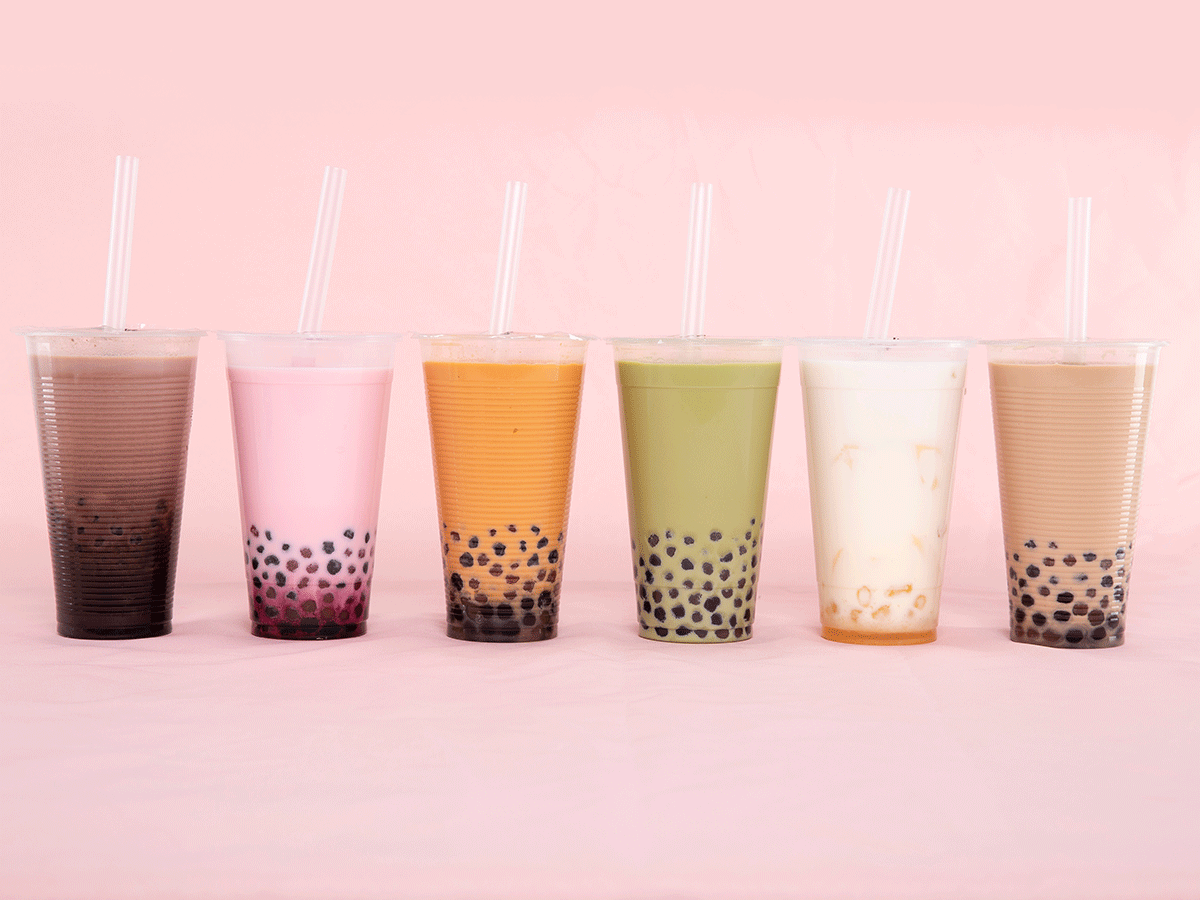Bubble Tea Is Actually Pretty Bad for You—Here’s Why

Just because it includes "tea" doesn't mean you should be drinking boba tea on a daily basis.
A few years ago, bubble tea exploded as the go-to trendy drink for Internet foodies everywhere. Many touted this Taiwanese-inspired beverage as a snack akin to a smoothie, tea or cup of coffee. After all, it has the word “tea” in it, so it has to be healthy… right?
Not quite. Like coffee, bubble tea’s ingredients might not be so bad on their own, but when they’re loaded with sweetener and artificial flavour, they lose their nutritional value fast. “The most nutritious part of bubble tea is the tea itself,” says Hillary Cecere, RD, who is based in Red Bank, New Jersey. “But bubble tea is not a healthy way to get the benefits of tea.”
Bubble tea is made from tea, milk, sugar, and tapioca pearls, per Cecere. Let’s start with those “bubbles” or pearls found at the bottom of your drink, which are actually round pieces of tapioca. They’re made from starch extracted from cassava root, a nutty-flavoured vegetable that grows in South America. And as it turns out, those little balls contain starchy carbs—and not the nutritious, fibre-rich kinds found in whole grains, either.
Cooking tapioca pearls only makes it worse. They’re typically cooked in hot water, along with even more added sugar, for up to three hours. By that point, these balls could have nearly 160 calories per ¼ cup serving. (Check out what happens to your body when you stop eating sugar.)
And don’t even get us started on what comes in the extra syrups. Thanks to all those processed ingredients, the average 16-ounce bubble tea is usually about 400 calories, according to Cecere, who isn’t a big fan of drinking calories.
On top of the high calories and lack of other nutritional value, bubble tea could have some other ingredients. In 2012, a group of German researchers from the University Hospital Aachen reportedly found traces of polychlorinated biphenyls, or PCBs, in tapioca ball samples. These potential carcinogens have also been shown to have other adverse health effects on the immune, reproductive, nervous, and endocrine systems. But further research found that the chemical compounds found in the tapioca balls were neither chlorinated nor biphenyls—and were considered safe by the Food and Drug Administration.
The bottom line: Like anything else, enjoy your bubble tea in moderation. “If you really enjoy bubble tea, don’t eliminate it completely, but try to customize it to reduce calories and only have it occasionally,” Cecere says. She recommends choosing reduced-fat milk, unsweetened coconut milk, or almond milk, to limit calories and fat.
Medically reviewed by Jessica Levinson, MS, RDN, CDN.
Next, learn if there are certain teas that can help you lose weight.




